From Alan Hollinghurst’s 1980s Britain to Ali Smith’s Summer and Daisy Johnson’s latest gothic tale, Millie Walton picks her favourite books for Citizen Femme’s September reading list.
Sisters by Daisy Johnson
Daisy Johnson’s eerie debut Everything Under was shortlisted for the Booker in 2018, and now comes Sisters, an explosive, unsettling and profound examination of the relationship between siblings. When teenagers July and September move across the country with their mother to an old family house, a boy arrives and their fierce bond begins to waver. Carrying the uneasy tone of a psychological horror with a few of the classic tropes thrown into the mix (mysterious flickering lights, noises from behind the walls), it’s an absorbing tale of sibling love and envy.
You People by Nikita Lalwani
You People is the third novel by Nikita Lalwani, the author of Gifted and The Village. Alternating between the perspective of Nia, a 19-year-old Welsh waitress, and Shan, a Tamil refugee, the story is set in a London pizzeria staffed largely by undocumented migrants and owned by the charming and mysterious Tuli. Both characters are fascinated by and reliant on Tuli in different ways, and are experiencing guilt as a result of decisions they have made. It is a touching and insightful read, written with compassion and authenticity.
Summer by Ali Smith
As with each of the books in Ali Smith’s seasonal quartet, Summer is both an independent novel and one part of a larger narrative that weaves together fragments from history, culture and art to create remarkable expression of the era in which we live. Following the same format as the other three, the narrative juxtaposes present-day stories with a period of history; this time it’s the 1940s. Daniel Gluck, who first makes an appearance in Autumn as a 100-year-old, is now a young man incarcerated with his father and a group of other Germans, including notable artists and authors, on the Isle of Man. Other familiar faces also appear including Daniel’s neighbour Elizabeth, and Art and Charlotte from Winter, revealing unexpected links and gesturing towards a sense of circularity that reflects the seasons and enduring nature of time. With each book written and published in just a few months, Summer is also one of the first novels to tackle the reality of coronavirus and quarantine, though the theme of isolation runs throughout the series.
The Liar’s Dictionary by Eley Williams
Eley Williams’ PhD about fictitious dictionary entries led her to first write her acclaimed short short collection, Attrib. and Other Stories, and more recently, her delightful debut novel The Liar’s Dictionary. Split between two time frames, the novel takes the perspective of two employees of Swansby’s New Encyclopaedic Dictionary: Winceworth, a Swansby lexicographer, in 1899 who invents false entries, and Mallory, an intern, in present day London who is hired to answer threatening phone calls before becoming swept up in a mountweazel chase.
Filled with humour and sparkling moments of insight, it’s a book that celebrates the delights of language whilst the characters struggle to find their place in the world that exists beyond word definitions.
The Line of Beauty by Alan Hollinghurst
Published in 2004 (the year it also won the Man Booker Prize), The Line of Beauty is by no means a new release, but it’s well deserving of its enduring praise. The book begins in the summer of 1983 when twenty-year-old Nick Guest moves into the Feddens family home. Gerald Fedden is an ambitious Tory MP obsessed with ‘her Lady’ (Margaret Thatcher), his wife Rachel is from a wealthy aristocratic family, their son Toby went to Oxford with Nick and their daughter Catherine is the rebel of the family. Split into three parts, the novel follows Nick’s growing infatuation with a heady world of politics, money and sex, through a long series of drug-fuelled parties, dinners, recitals, political campaigns and relationships. It’s a highly privileged narrative perspective, but one that also provides a powerful insight into the full social spectrum of 1980s Britain.




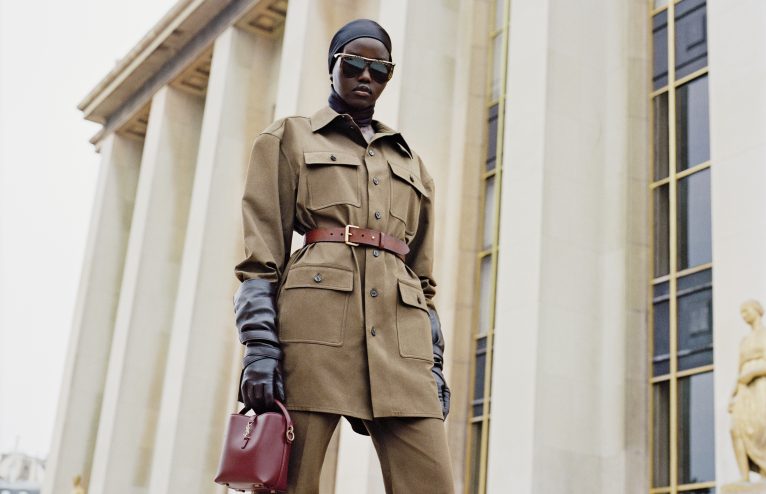


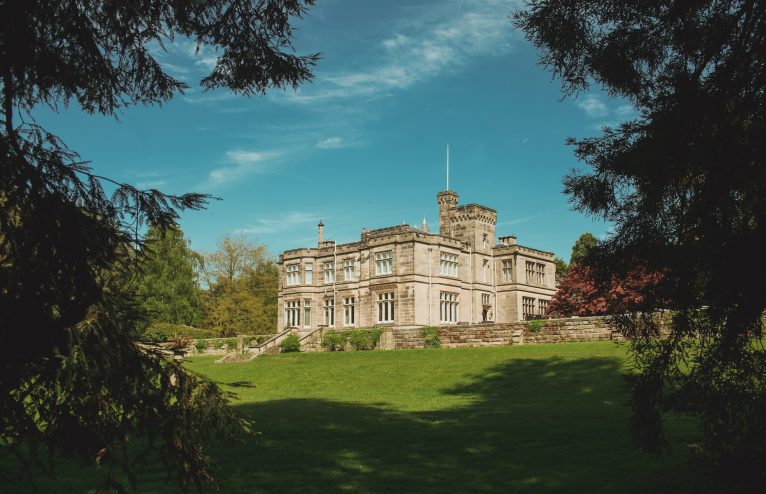




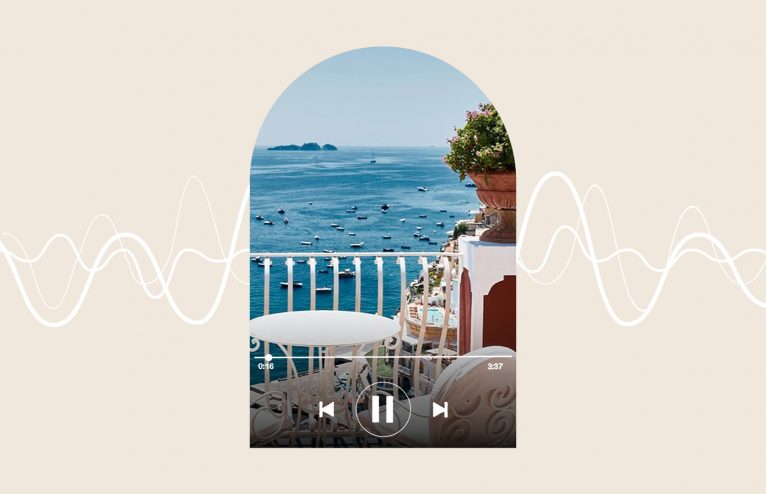



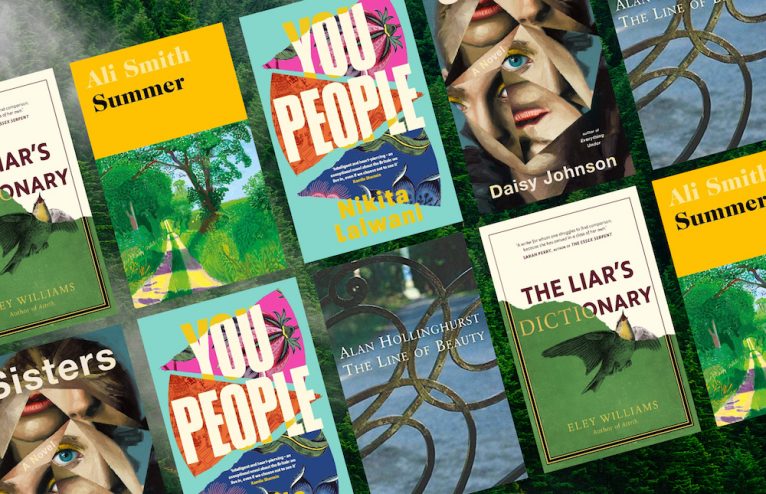
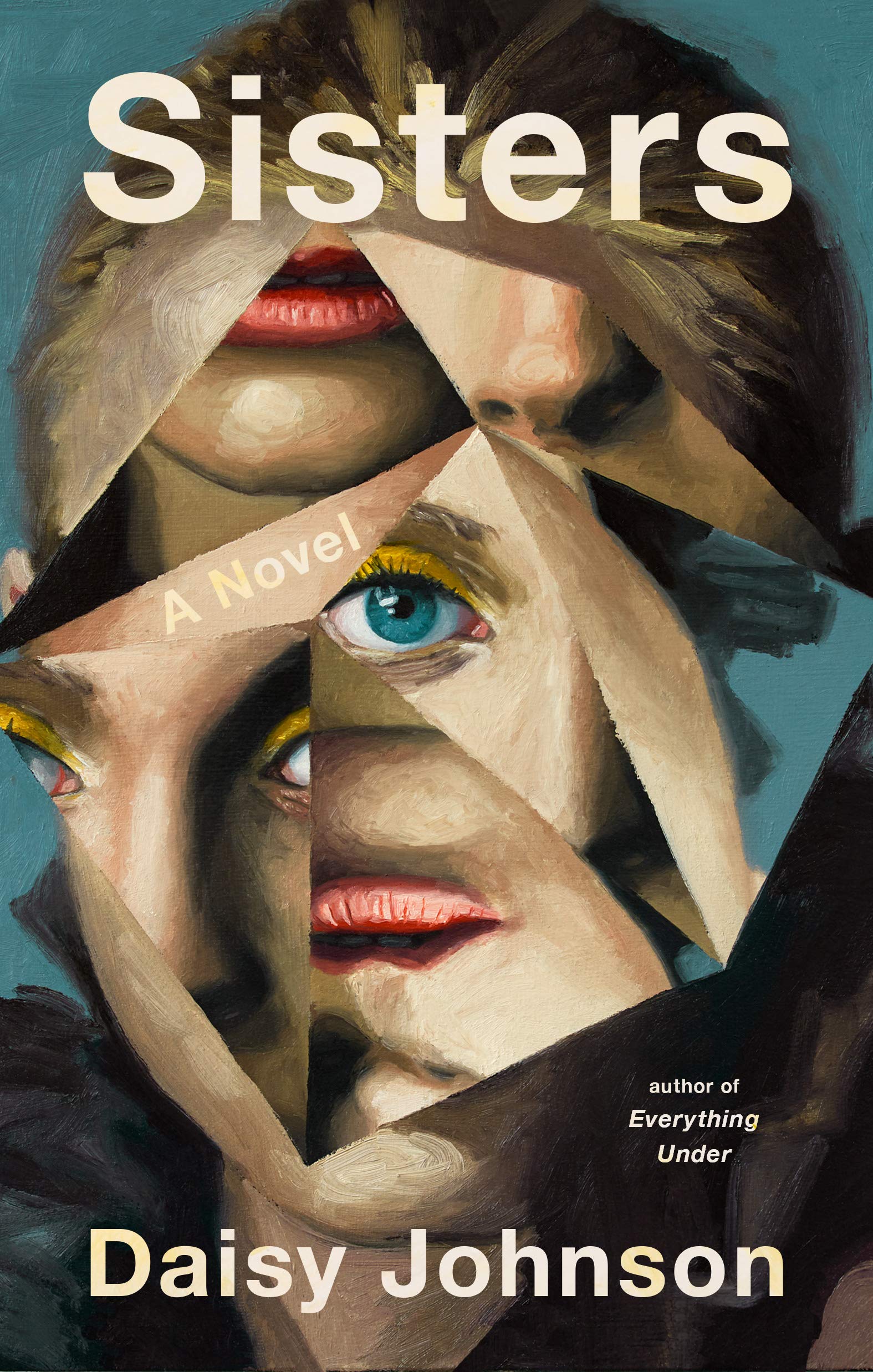
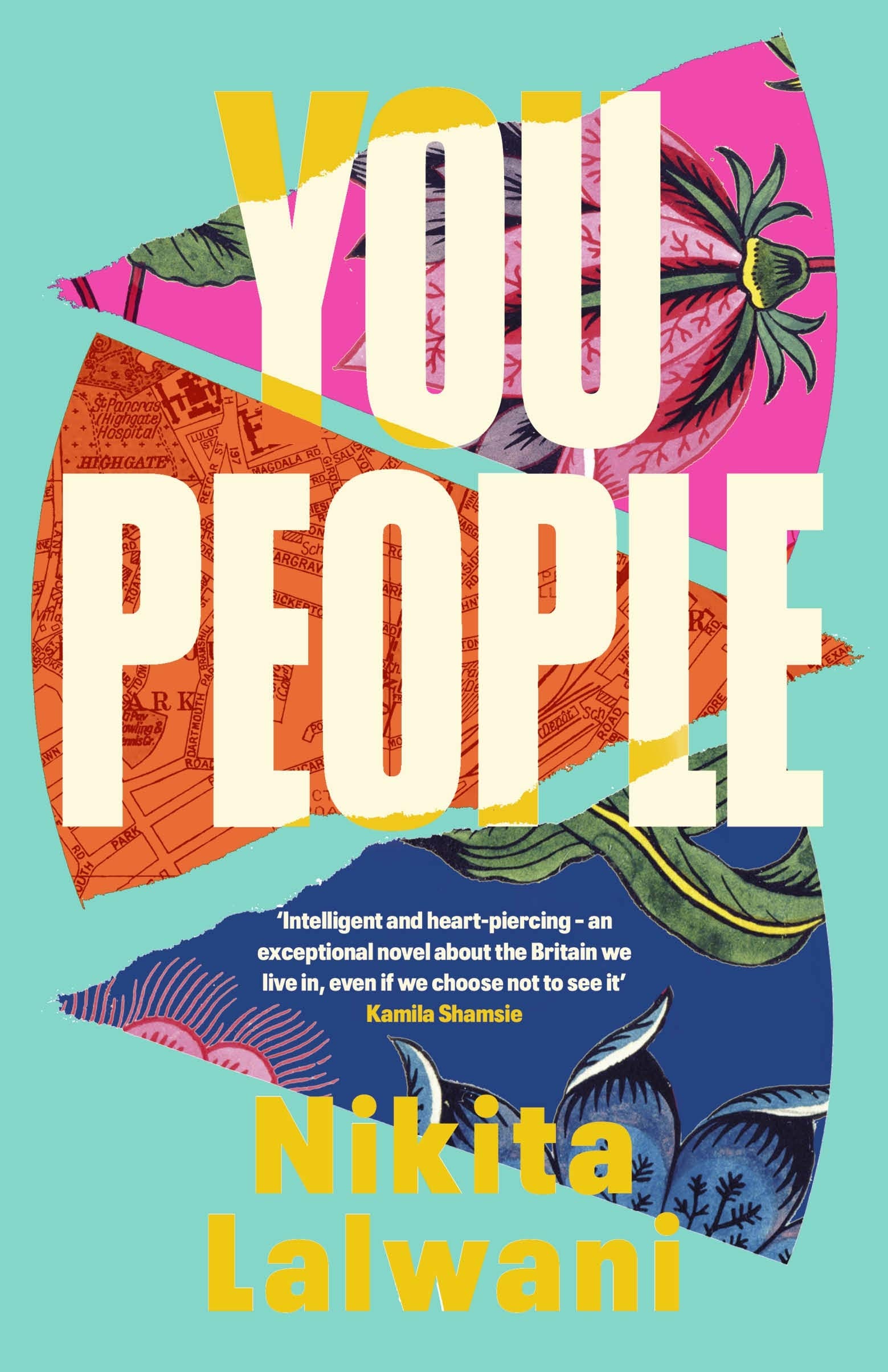
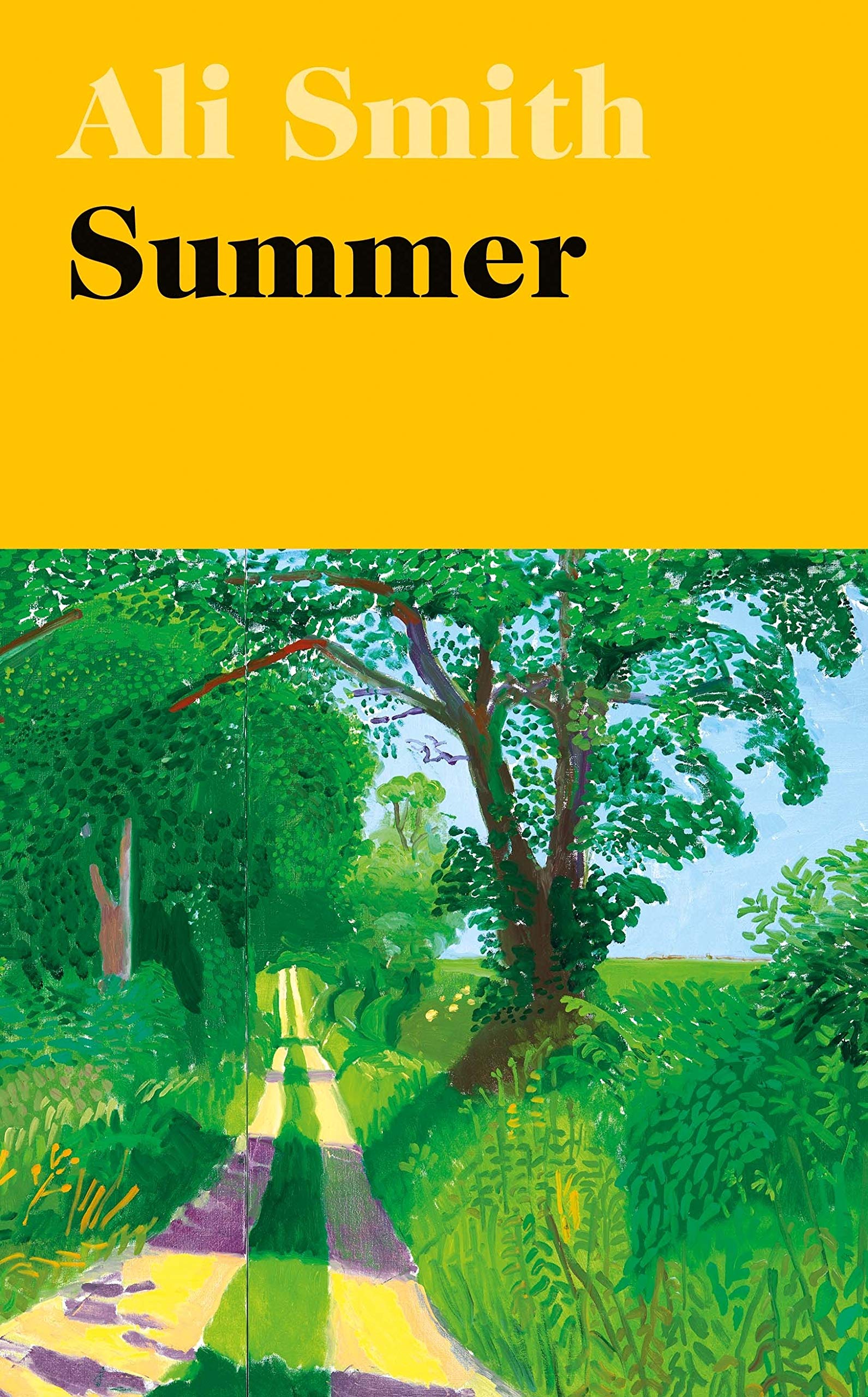
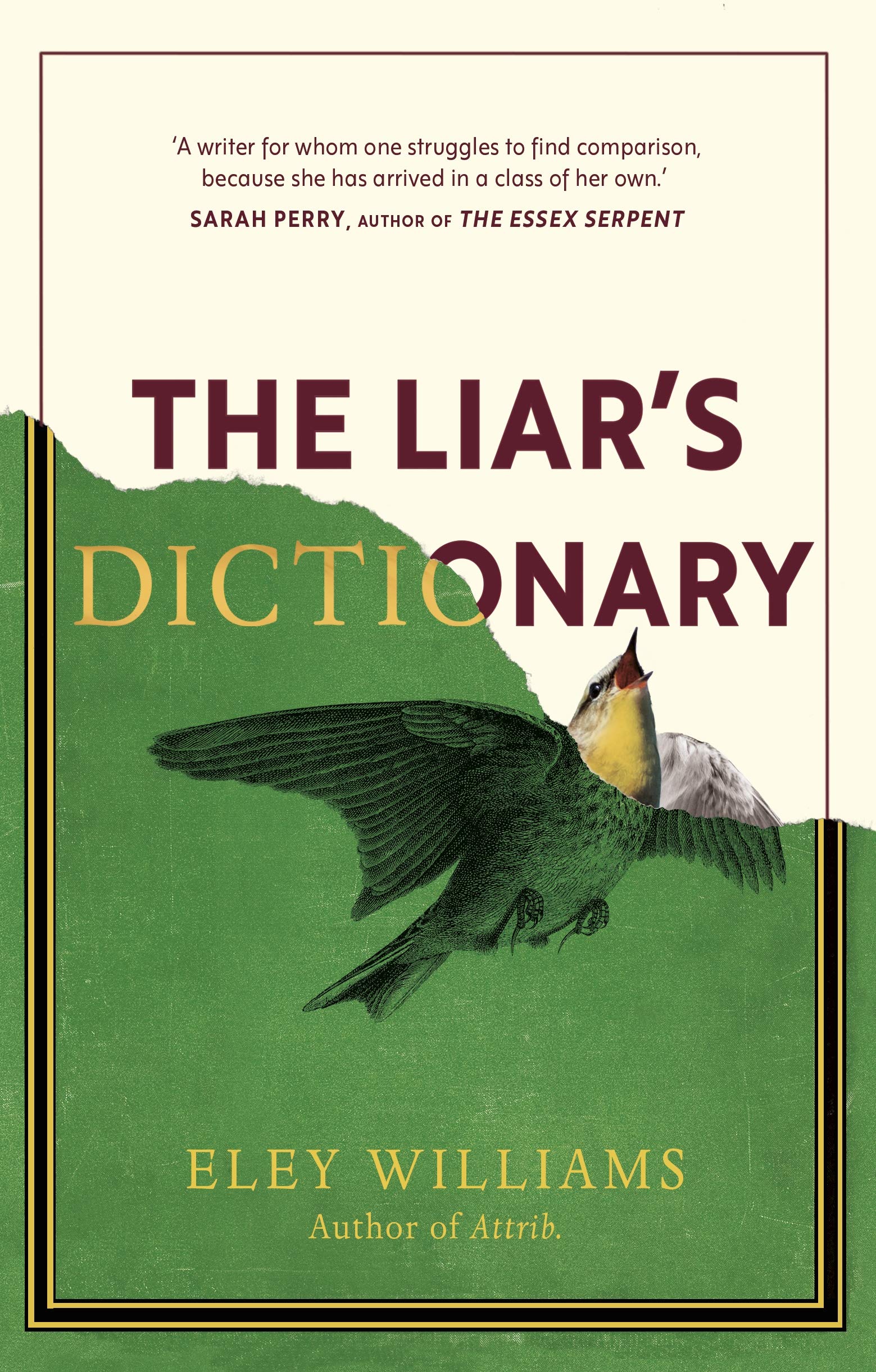
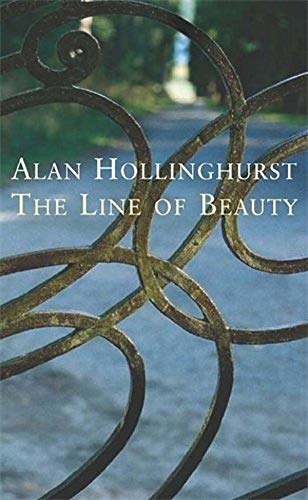





Any Questions or Tips to add?